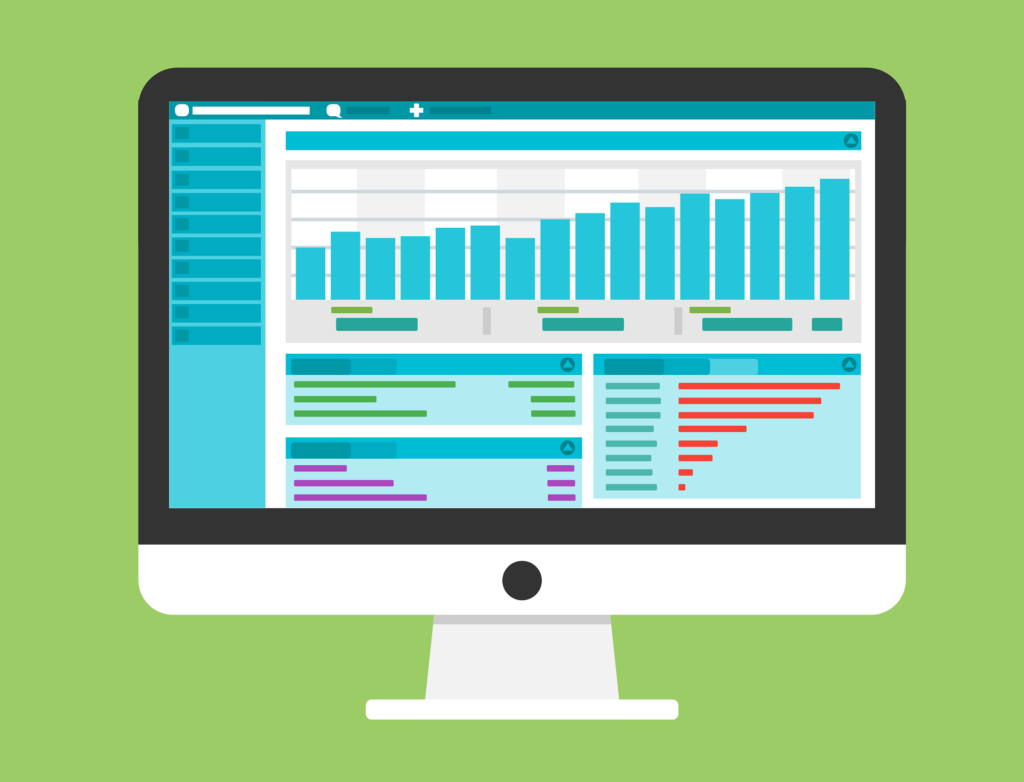
In the competitive world of the web, knowing how to optimize your site for organic search has become essential. These seven tips from our web SEO agency will help you improve your site’s visibility in search engines.
Table of Contents
ToggleChoose Relevant Keywords
Firstly, it’s essential to identify the keywords your target audience uses to search for information or services similar to what you offer. Use these keywords strategically in your content to improve your ranking in search results.
Using Keyword Research Tools
There are many online tools, like Google Keyword Planner, that can help you identify relevant keywords for your content. By using these tools, you can get keyword ideas, understand how often these keywords are searched, and see how strong the competition for these keywords is.
Improve Your Site’s Loading Speed
Secondly, your site’s loading speed is a key factor for SEO. Sites that load slowly can be penalized by search engines and can also offer a poor user experience, which can result in a decrease in traffic and conversions.
Using Tools to Test Loading Speed
There are several tools, like Google PageSpeed Insights, that can help you test your site’s loading speed. These tools can also provide suggestions on how to improve your site’s speed, such as reducing the size of images or improving your site’s code.
Create Quality Content
Thirdly, creating quality content that is useful and interesting to your audience can greatly improve your SEO. Not only can quality content help you rank higher in search results, but it can also encourage visitors to spend more time on your site and come back to learn more.
How to Create Quality Content
Creating quality content involves understanding your audience’s needs and interests, and providing information that meets these needs. This can include creating informative blog posts, guides, videos, podcasts, or any other type of content that can provide value to your audience.
By applying these tips, you can optimize your site for SEO and improve your online visibility. Feel free to contact our web SEO agency to learn more about how we can assist you.
Optimize Your Metadata
Fourthly, optimizing your metadata can improve your ranking in search results. Metadata, which includes the page title, page description, and alt tags for images, give search engines information about the content of your page.
How to Optimize Your Metadata
An effective page title should be concise, relevant to the page’s content, and include your main keyword. A good page description should also be relevant, give a preview of the page’s content, and include your keywords. Alt tags for images should describe the image and, if possible, include your keywords.
Ensure Your Site is Mobile-Friendly

Fifthly, given that more and more people are using their mobile devices to access the internet, it’s essential that your site is optimized for mobile. A site that isn’t mobile-friendly can be difficult to use on a mobile device, which can discourage visitors and harm your ranking in search results.
How to Make Your Site Mobile-Friendly
Make sure your site is responsive, which means it automatically adjusts to the user’s screen size. Avoid using design elements that are difficult to use on a small screen, like dropdown menus. Also, ensure that your text is large enough to be easily read on a small screen.
Use the Appropriate Site Architecture
Sixthly, a well-thought-out site architecture can help search engines understand and index your content. Good site architecture can also improve user experience, by helping visitors easily find the information they’re looking for.
How to Create a Good Site Architecture
Good site architecture should be logical and intuitive. Organize your content into categories and subcategories that make sense for your users. Use internal links to help users navigate your site and discover related content. Don’t forget to include a site map that lists all the pages on your site.
In the final part of this article, we’ll cover the last tip to optimize your site for SEO.
Regularly Produce High-Quality Content
Finally, the last but not least tip is to regularly produce high-quality content. Search engines love sites that are constantly updated with new content. Moreover, providing useful and interesting content can help you gain your visitors’ trust and loyalty.
How to Produce High-Quality Content
To produce high-quality content, you need to understand your audience’s needs and interests. Do research to discover what topics are important to your visitors, and create content that meets these needs. Ensure that your content is well-written, easy to read, and provides real value to your readers. Use images, videos, and other multimedia elements to make your content more engaging and appealing.
Conclusion
Optimizing your website for SEO might seem like a daunting task, but by following these seven tips, you can improve your site’s visibility in search engines and attract more visitors. Remember that SEO is a continuous process, and it takes time to see results. Be patient, stay up to date with the latest SEO trends, and continue to work to improve your site.
If you need help optimizing your site, do not hesitate to contact us. As an experienced SEO agency, we can help you improve your ranking in search engines and attract more visitors to your site. You can learn more about our services on our contact page.
Good luck!

Eric Ibanez
News Writer & Founder Hack The SEO
An expert in SEO since the launch of his e-commerce dedicated SaaS in 2016, Eric quickly grasped the significance of optimization for search...
Suggested Articles

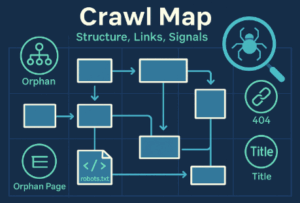
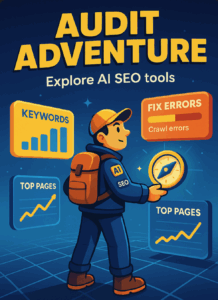
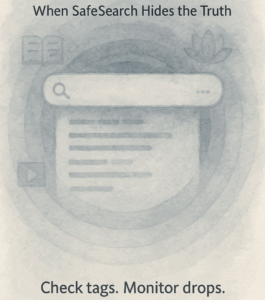
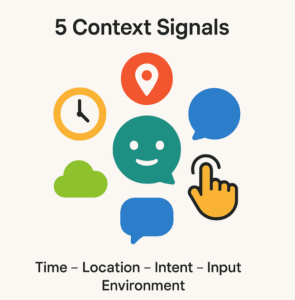
4 thoughts on “7 tips for optimizing your website’s SEO”